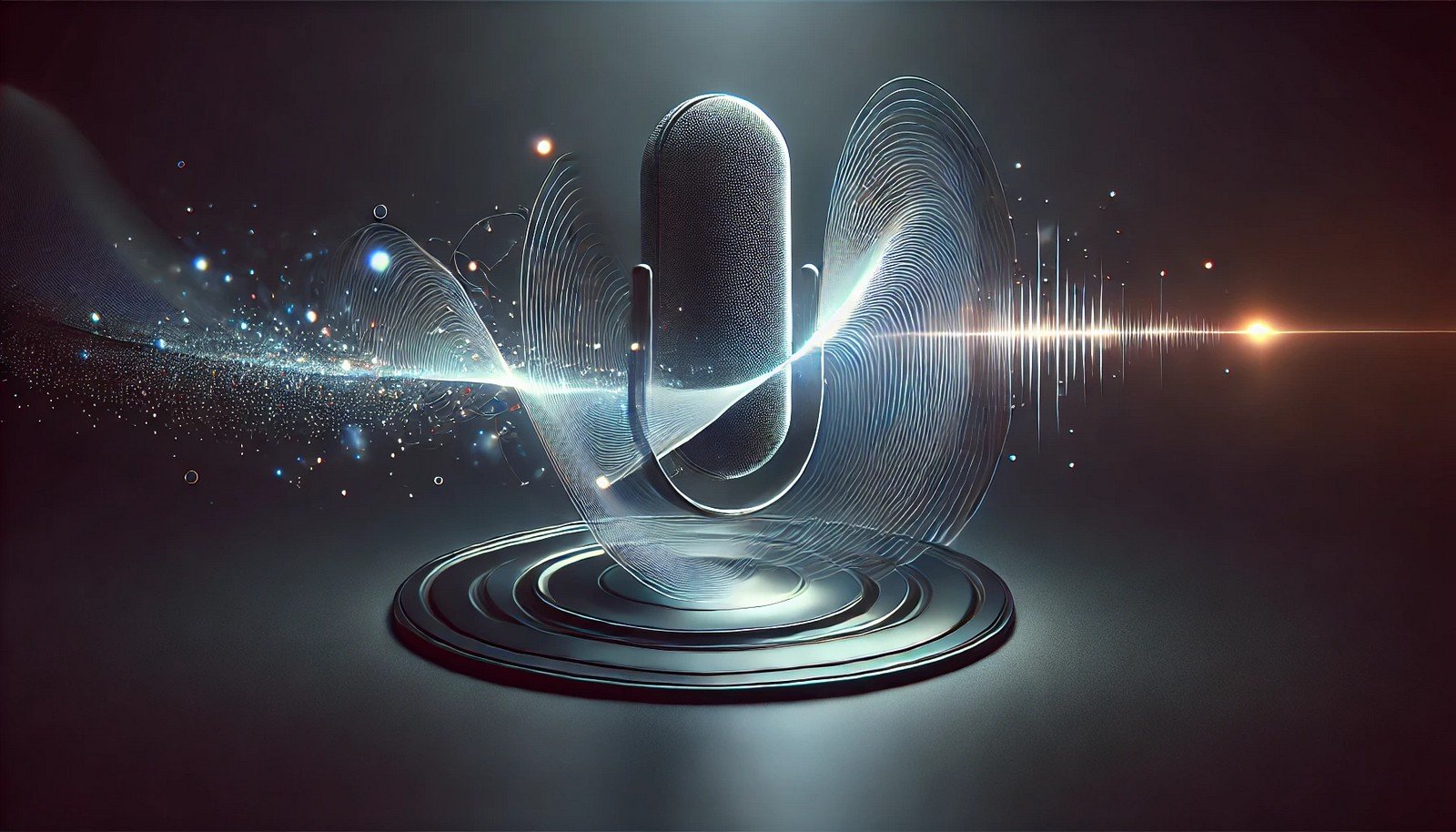Speech Synthesis

Quick Navigation:
- Speech Synthesis Definition
- Speech Synthesis Explained Easy
- Speech Synthesis Origin
- Speech Synthesis Etymology
- Speech Synthesis Usage Trends
- Speech Synthesis Usage
- Speech Synthesis Examples in Context
- Speech Synthesis FAQ
- Speech Synthesis Related Words
Speech Synthesis Definition
Speech synthesis is the artificial production of human speech using computer systems. This technology involves converting written text into spoken words, often using sophisticated algorithms to achieve natural-sounding voices. Speech synthesis plays a crucial role in various applications, such as virtual assistants, accessibility tools, and interactive voice response systems. Modern systems use neural networks and deep learning to create more realistic and contextually appropriate speech outputs.
Speech Synthesis Explained Easy
Imagine you have a robot friend who can read books to you. When you show it a page, it reads the words out loud, just like a person. Speech synthesis lets computers do the same: they "speak" the text they see, helping people who need assistance with reading or want to talk to their devices.
Speech Synthesis Origin
The origins of speech synthesis date back to the early 20th century with mechanical devices like the Voder. The field evolved significantly in the late 20th century as digital and computational advancements allowed for more sophisticated, software-based systems.
Speech Synthesis Etymology
The term "speech synthesis" derives from "synthesis," which means combining separate elements to form a whole. Here, it combines sounds to form spoken language.
Speech Synthesis Usage Trends
In recent years, speech synthesis has expanded with the rise of virtual assistants like Siri and Alexa. Its use spans industries, providing accessibility solutions for the visually impaired, enhancing user interaction in apps, and even enabling natural-sounding audiobook narration.
Speech Synthesis Usage
- Formal/Technical Tagging:
- Artificial Intelligence
- Natural Language Processing
- Accessibility - Typical Collocations:
- "speech synthesis system"
- "text-to-speech technology"
- "speech synthesis engine"
Speech Synthesis Examples in Context
- A virtual assistant uses speech synthesis to read out your daily schedule.
- In educational apps, speech synthesis enables text reading for young learners or those with reading disabilities.
- Cars equipped with AI use speech synthesis to give directions, allowing drivers to keep their eyes on the road.
Speech Synthesis FAQ
- What is speech synthesis?
Speech synthesis is technology that converts written text into spoken words. - How does speech synthesis work?
It uses algorithms to analyze text, then generates sounds to form words and sentences. - Where is speech synthesis used?
It's used in virtual assistants, accessibility tools, and interactive voice response systems. - Is speech synthesis the same as text-to-speech?
Yes, text-to-speech (TTS) is a common application of speech synthesis. - Can speech synthesis sound like real human voices?
Yes, modern technology uses deep learning to make synthesized voices sound very realistic. - What is the role of AI in speech synthesis?
AI enables more accurate and natural speech production by learning from vast amounts of spoken data. - Does speech synthesis work in multiple languages?
Yes, many systems support multiple languages and accents. - Is speech synthesis helpful for people with disabilities?
Absolutely, it assists individuals with visual or reading impairments in accessing written content. - Can speech synthesis be used for storytelling?
Yes, it's often used in audiobooks and apps for a seamless storytelling experience. - How is speech synthesis different from voice recognition?
Speech synthesis creates spoken words, while voice recognition interprets spoken language as text.
Speech Synthesis Related Words
- Categories/Topics:
- Artificial Intelligence
- Natural Language Processing
- Assistive Technology
Did you know?
Speech synthesis technology has advanced so much that it’s used to recreate historical figures’ voices for museum exhibits, allowing visitors to “hear” famous speeches as if spoken by the person themselves.
PicDictionary.com is an online dictionary in pictures. If you have questions or suggestions, please reach out to us on WhatsApp or Twitter.Authors | Arjun Vishnu | @ArjunAndVishnu

I am Vishnu. I like AI, Linux, Single Board Computers, and Cloud Computing. I create the web & video content, and I also write for popular websites.
My younger brother, Arjun handles image & video editing. Together, we run a YouTube Channel that's focused on reviewing gadgets and explaining technology.



Comments powered by CComment